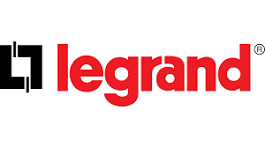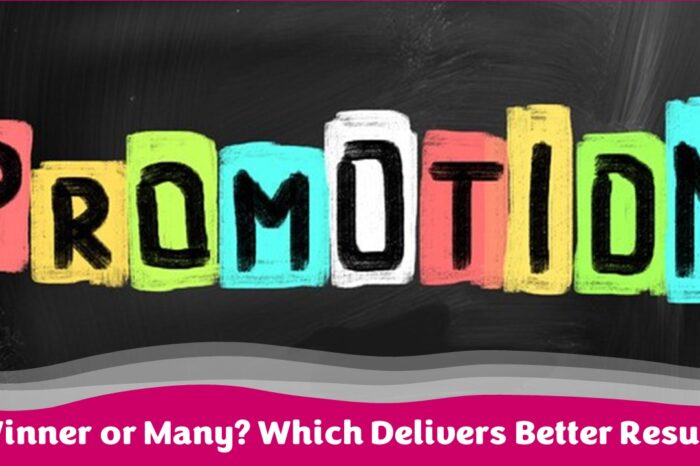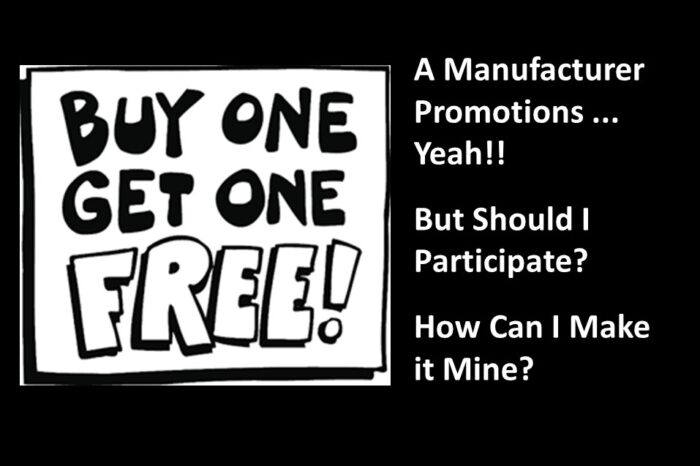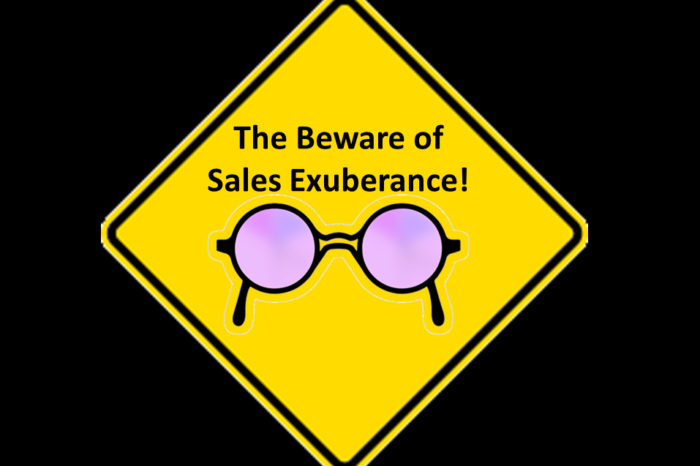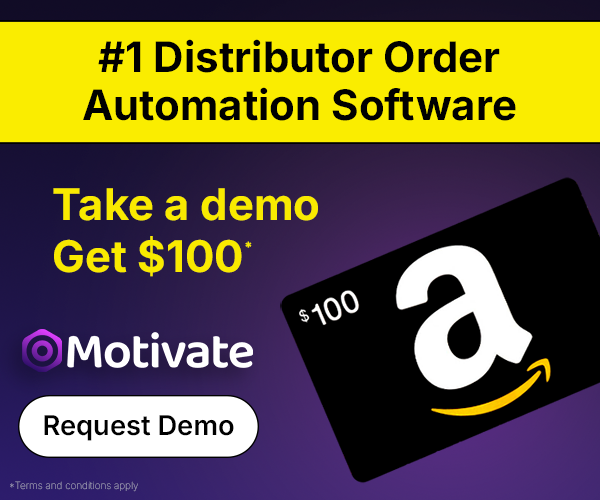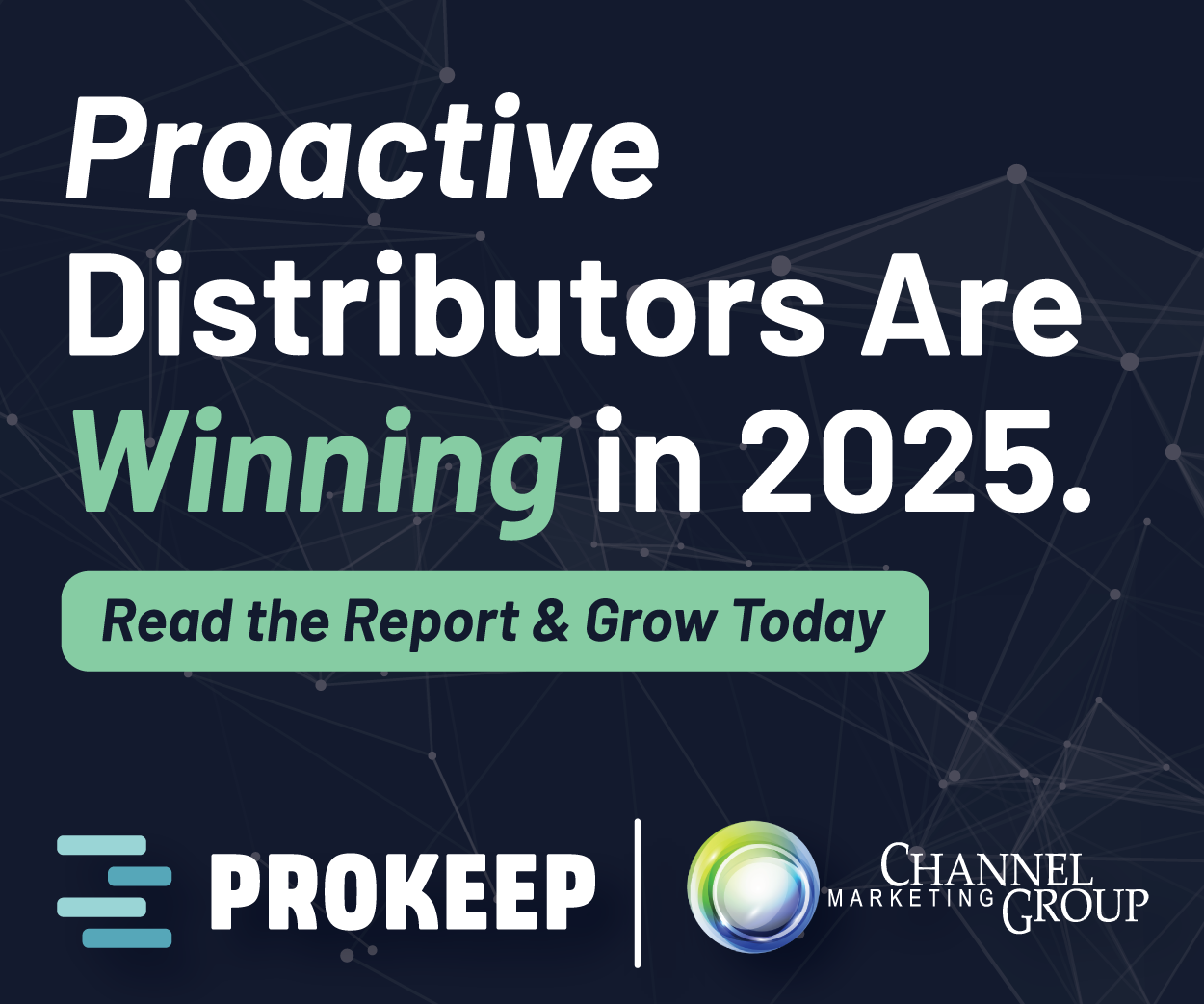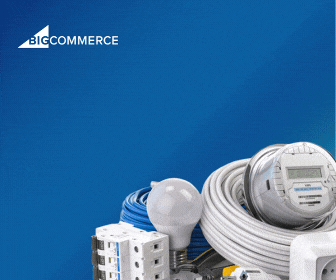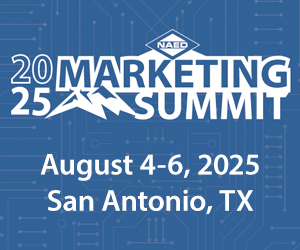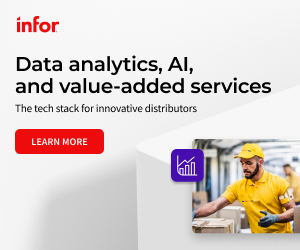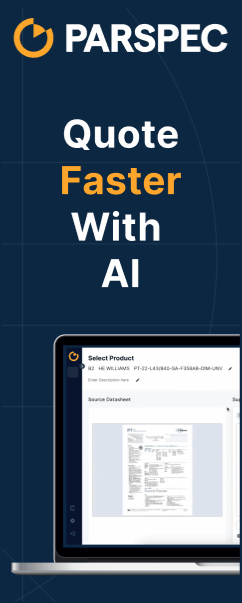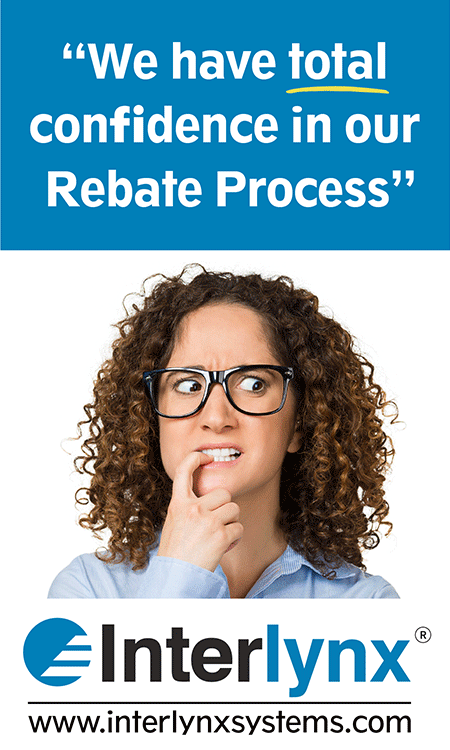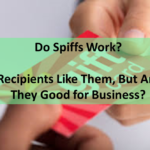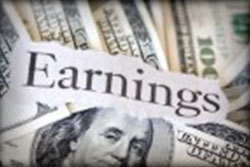Do Spiffs Work?
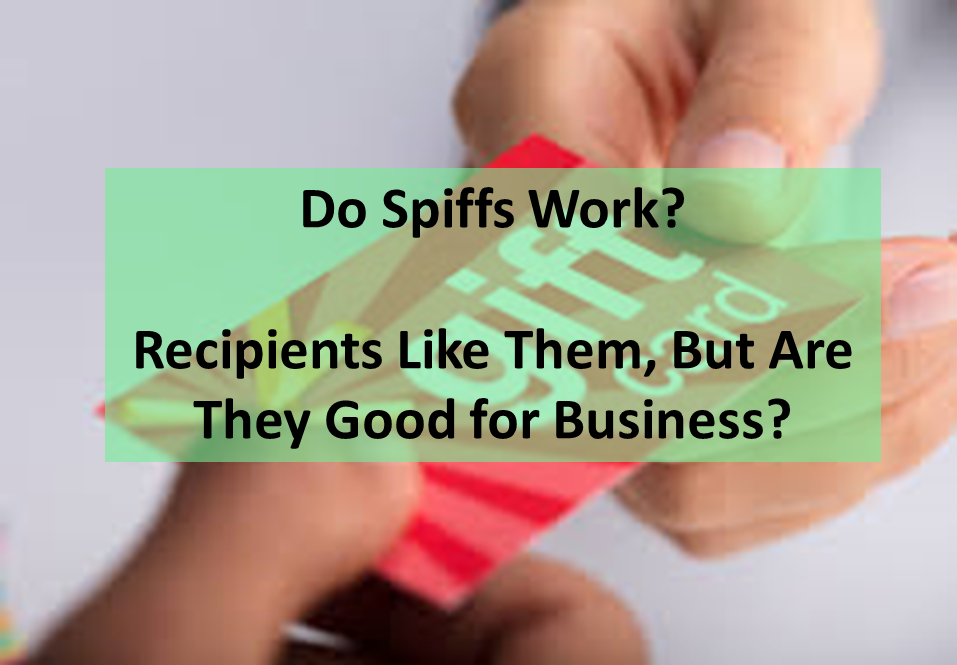
First let’s go to Wikipedia for a definition. A spiff is slang for an immediate bonus for a sale. Typically, spiffs are paid, either by a manufacturer or employer, directly to a salesperson for selling a specific product. Frequently they take the form of cash, gift / debit cards, logoed items (premiums) or merchandise awards.
Now, do they work. Like everything … yes and no, or sometimes. A key is watching out for unintended consequences.
Spiffs have been around since the beginning of time. We have called them different names – incentives, additional compensation, acts of appreciation and potentially depending on who you want to listen to, kickbacks or bribes. Before I go any further, I want to clarify that my remarks in this endeavor are my own opinions based on my own experience and my own perceptions of how the landscape exists today. I am not an attorney or an accountant. I strongly suggest you check with both before embarking on any of these type programs. What was acceptable a few years back may have drastically changed. There have been numerous additions to local laws, especially on the state level as to what you can and cannot do. And don’t forget the IRS with requirements for 1099s, W-2s or, for publicly held companies, Sarbanes-Oxley. This is why I say, “if you don’t know, ask an expert.” I will attempt to touch on some of this in this article.
The easy part of this subject is should you do spiffs at all?
This is a judgment call that each distributor must make based on their individual situation. If at the manufacturers level, a spiff program for your employees or customers is rolled out without soliciting your approval (that never happens), the manufacturer is in fact desiring to dictate (okay, nicely said would be “influence”) how your people will spend their time and consequently your money.
From the distributor perspective, It may be great that one of your team gets a new jacket or a $50.00 gift card, but is that how you want them to use their time, focused on that category or manufacturer? What really irritated me to no end when I worked in distribution was that when the employee or customer knew about the promotion before I did. That never helped the manufacturer’s relationship with the company I worked for.
The subject can get considerably more complicated if the award is aimed at the end user. I have had manufacturers tell me not to be concerned, the entire process is handled independently, and the distributor does not have to do a thing. That works great until the customer asks the distributor a question that he does not know the answer to such as why it is so hard to redeem on the manufacturer’s website or worse yet when he is disappointed or feels he did not get what he is entitled to. The customer typically does not have a direct relationship with the manufacturer, but in his eyes, he bought the product from you and you need to make it right. Darn hard to do if you are not in the loop from the get-go.
The harder part is the legal aspect of these endeavors. Using the example of the $50.00 gift card, who gets the card? From the distributor perspective, does it belong to the owner of the company (you) that made the purchase (even if you were not aware of it) and has considerable expense in materials, time labor. employee training and in fact are paying the employee, in many cases the purchasing agent, to do the job or is it the employees? If you say employee, I believe it needs to be specified up front and the tax implications explained.
As it relates to who gets the card or award, which employee do you wish to give it to? Is it the purchasing agent? Someone in sales such as inside, outside, or counter? How about the employee of the month or most improved in gross margin? What about the branch manager who is allowing the program in his location? What was the manufacturer’s intent when they created this promotion and are you aware of that information? Once you saw that issue you need to be very transparent, in my opinion, to the other employees so no one feels slighted.
circling back to taxes for a moment. The question becomes “is this taxable income and to who?” This is an issue for you and your accountant / financial advisor but be upfront about it to your employees and/or customers as somebody is supposed to recognize the income and I believe in most cases that would be the person who got the card. Not issuing a 1099 does not absolve the individual of the responsibility to report the income even if it is less than $600 in most cases. Again, check with someone who will know your local situation (I have had the wonderful experience of being involved in two IRS audits of customer and employee awards. The issue is if the IRS comes through your front door, they have license to look at everything else. Again, my experience, so check with someone who knows).
Lotteries
Then on the promotion itself, consider the issue of lotteries. The courts have held for years that lotteries are the property of the states. That means, in plain English, you cannot conduct a lottery. So, what is a lottery? I understand most of you know the answer but as a courtesy to some of those that do not, I will give you some very basic explanation. You need three elements for a lottery to exist. The first one is a prize; someone has got to get something. the second one is the element of chance. That means there is a very real probability that there will be people who did the required action but do not receive the prize because of the element of chance. The third is a purchase. If you offer a program that says if you buy this, you get a chance to win then you are running an illegal lottery.
Too avoid that you must eliminate one of the three elements. You want them to buy the product and you want somebody to win the prize and there is chance involved. The obvious point to eliminate is chance. So, you go the “no purchase required to enter “route. That comes with some detailed documentation requirements and I would be happy to discuss that with anyone who wants to, but my first stop would be the attorney.
Most, but not all, issues associated these promotions that I have outlined in this article can be easily avoided.
Manufacturers
To the manufacturers I would say plan well in advance, solicit input from your distributors, and avoid that entire lottery issue. One more comment to manufacturer, you do not like surprises so do not do that to your distributors. Its bad business.
As it relates to the lottery, I quite often hear that we will not get caught. You are probably right, statistically, but it is simply not worth putting your business at risk. I also hear that if we tell our distributors about the promotion, we run the risk of the competition finding out and doing us one better. If your business model is based on gift cards, you have a whole lot of bigger problem than that. What I just said was to plan well in advance, communicate beyond what you think is reasonable, and do not do anything that you would not want the IRS enforcement folks to know about.
And for those who consider running spiffs for their reps, make sure your agency principal endorses the program. Agency salespeople work for the agency, not you. And many nowadays are salaried people (or salary plus bonus). And who gets the bonus – the outside salesperson? The inside salesperson? Both? Specialists? Or, if you do it to the agency, will it get distributed? The key to success is not to assume … but to ask “what works for you?” It may take more effort, but it can be much more effective! (and promotional companies like “one size fits all” because they want to sell you something rather than understand your business.
Distributors
To distributors, my comments would be as follows. You are in a rock in a hard place situation when the manufacturer goes to market with something geared at your people or the end user without your advanced knowledge and consent. It should upset you and you should let them know that. How you handle that in-house requires little more than a plan communicated well to your people with the logic you are using as to how you are going to derive the best benefit from this promotion for them and the company.
The interaction with the customers is a little dicer. If you elect not to participate in the promotion it may encourage them to buy the product elsewhere. There are ways to cope with that. That, like many other elements in this article, can be very effectively addressed and I would welcome the opportunity to work with you on behalf of Channel Marketing Group. If you have any interest at all, feel free to contact myself or any member of the Channel Marketing Group team.
We’re entering the season where manufacturers and distributors typically run a number of promotions … be they one-, two-, or three-month promotions. If you want “real world” advise or some ideas, give me a call.
For those of you early birds who will do 2022 planning soon and are considering an incentive strategy to further accelerate sales, now is a good time to talk. There are approaches that can help you retain business in the face of supply chain issues as well as extend a strong market well into next year. Give us a call and let us share some ideas on how to help you generate greater results.
Kcain5622@Gmail.com 240.682.3660



